From curveballs to catchy tunes: A Q&A with emerging music star Barry Zito
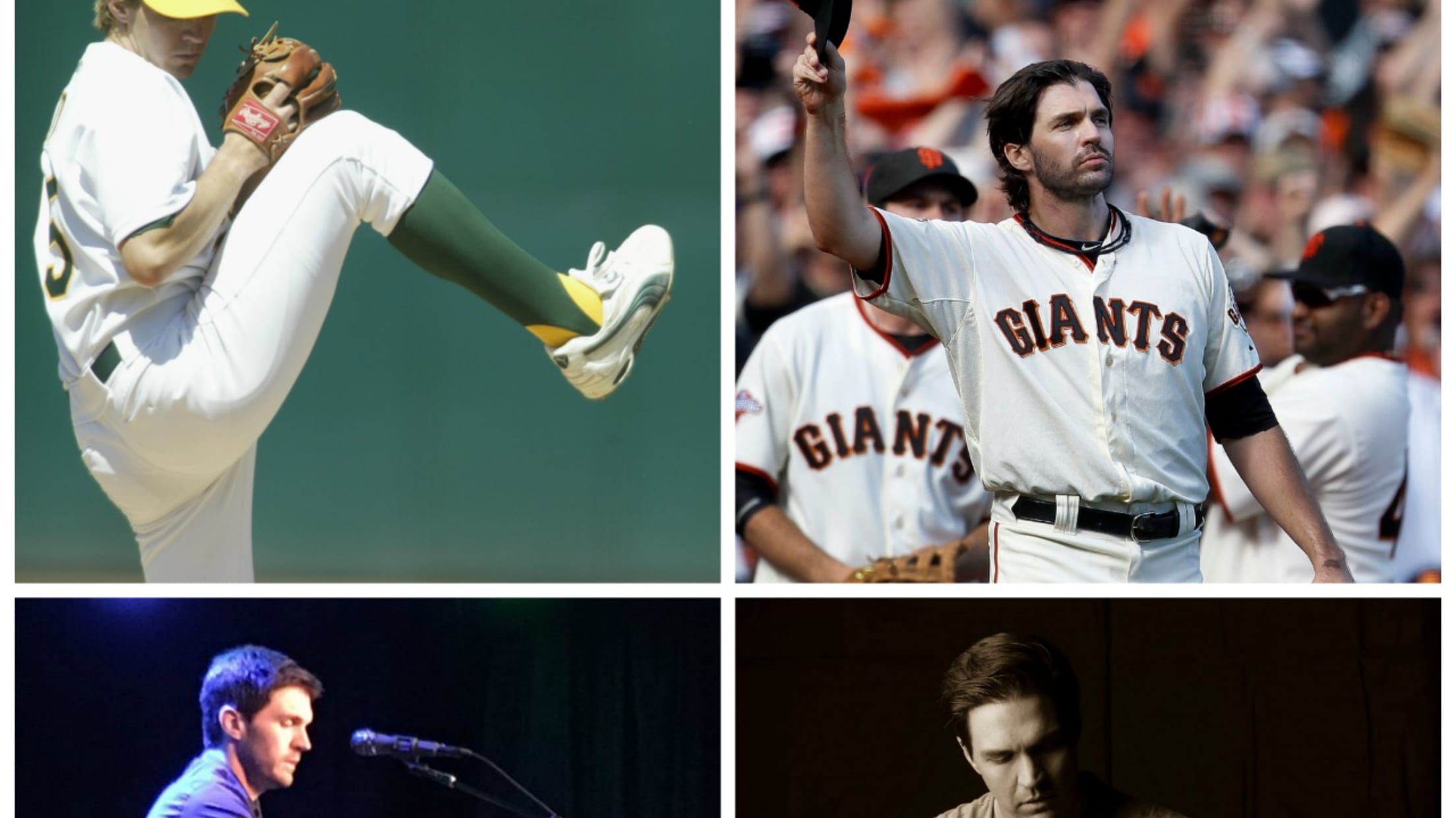
For more than a decade, Barry Zito made a name for himself on the mound -- his curveball devastating, his demeanor unique.
After a particularly memorable final outing in 2015 as a member of the A's, back on the Coliseum mound and facing his old buddy
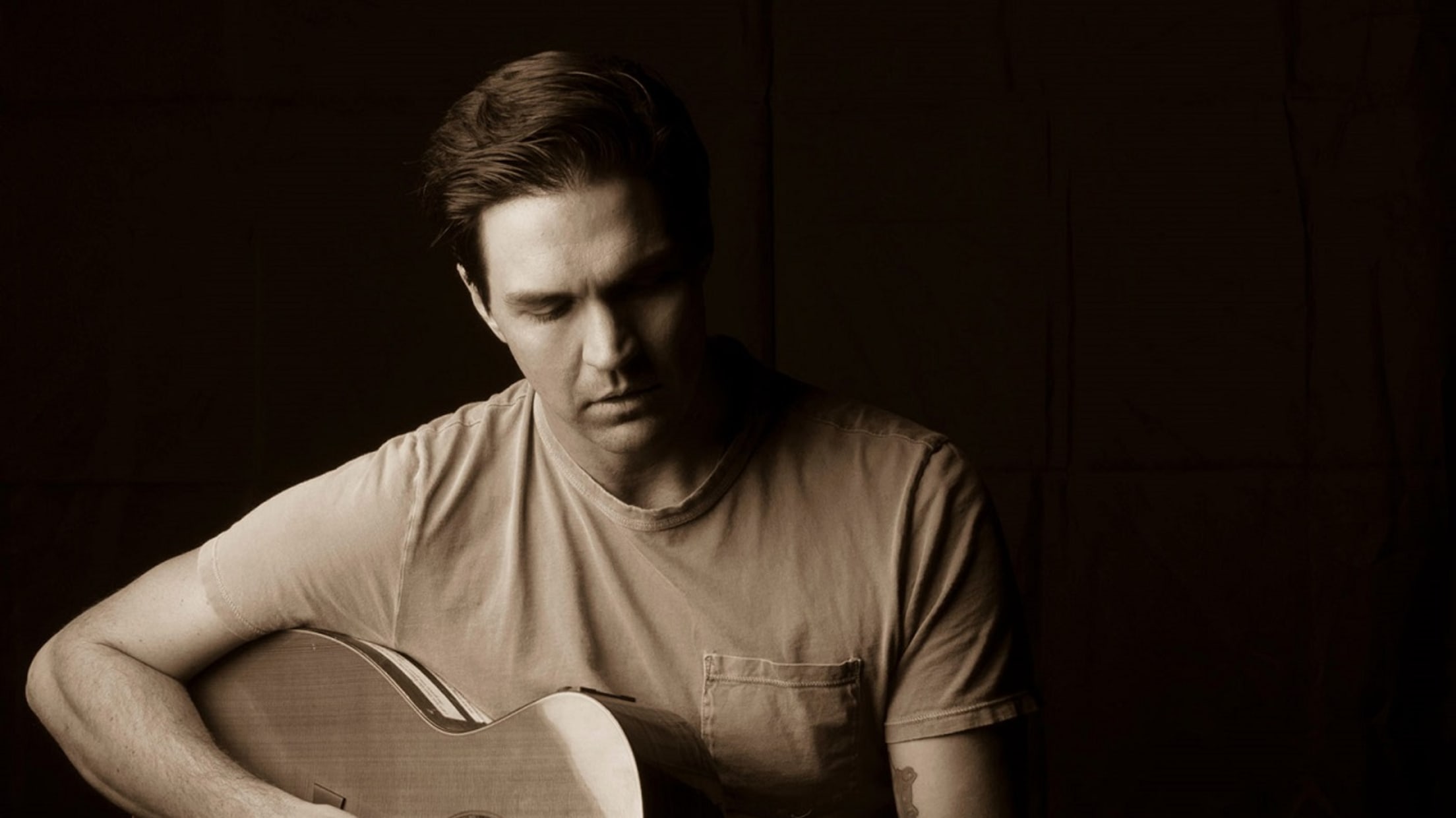
Zito was kind enough to chat with MLB.com about his new life as a musician, reminisce about his playing days and a lot more ... enjoy.
[This interview has been edited for clarity and length]
MLB.com: You're diving into music after spending much of 2015 in Nashville with the Athletics' Triple-A affiliate, the Sounds. How important was the Nashville setting to your decision to sign that deal with the A's?
Barry Zito: For me it started in 2013, I was having a really tough year with the Giants and had this inclination to take a full season off. It was something everyone in my life was advising me against, including my agent. Everyone was like, "Man, the game's going to pass you by! Go sign with somebody and get back in the rotation somewhere!"
I had just kind of lost my passion for the game, so I had to recalibrate internally a little bit. I just think that if I didn't take that year off, I don't think I'd have gone back and signed with the A's. And even if I did, in '14 their Triple-A was in Sacramento -- so it was this perfect storm that came together. I took the year off, moved to Houston to train, came back with the A's and they were like, "Oh, by the way, our Triple-A's in Nashville for the first time."
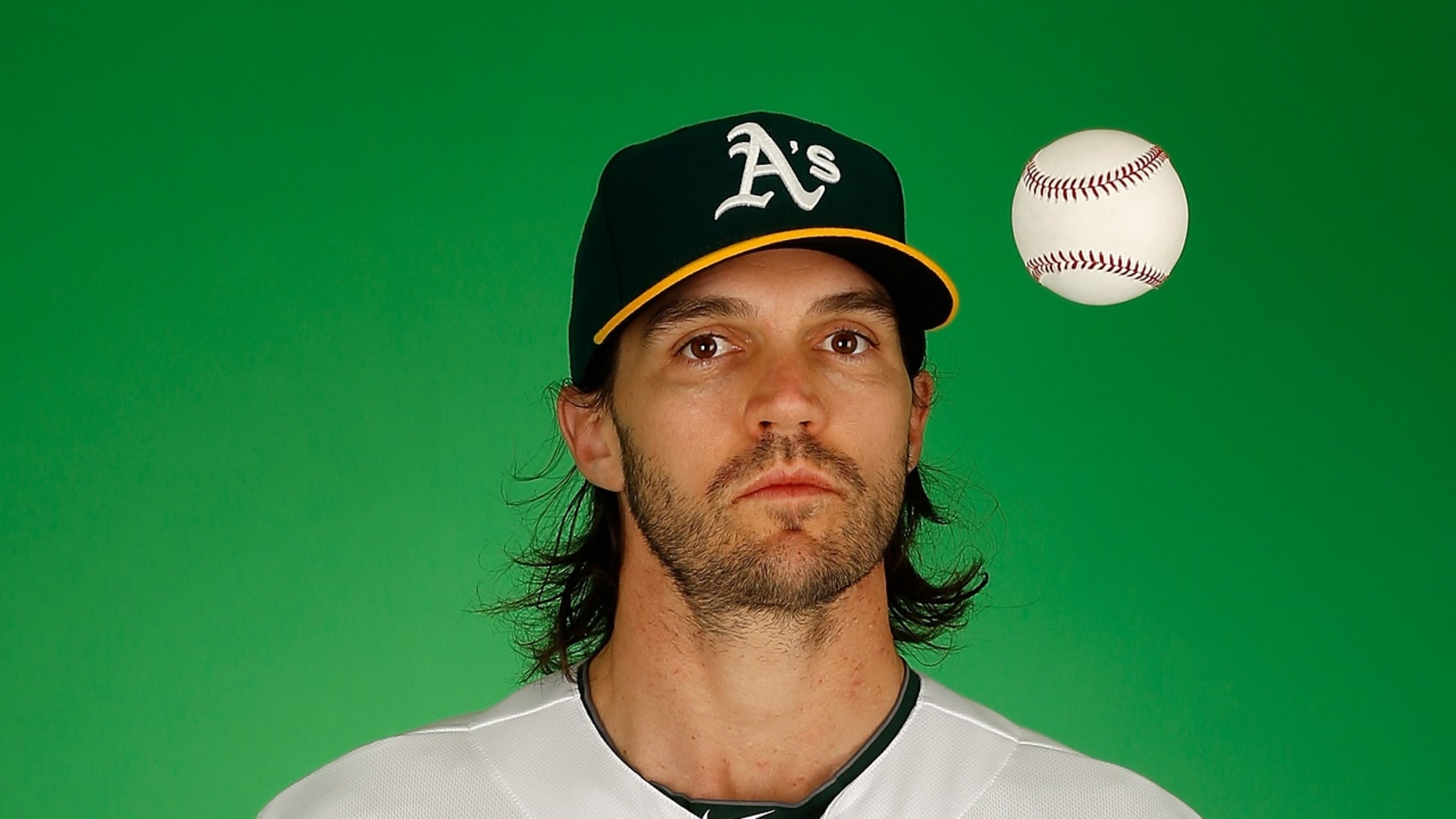
I actually had a painting of Nashville in my music studio in my home in Los Angeles for many years, and I had always heard how cool that town was. Hadn't been there or anything, and then now, here it was. I mean obviously I was hoping to make it to the big leagues, but playing Triple-A in Nashville … I could think of a lot worse things.
When it came time at the end of Spring Training with the A's, the media was like, "OK, so you just got DFA'd, are you going to get out of your contract and go sign on with another big league team?" And I was like, "Nah. I'm gonna go to Nashville."
Flash back to July 1999-2000. You're playing acoustic Poison songs with then-A's radio host Robert Buan at a brewery in Walnut Creek, California. If somebody had said to you that night, "Hey, you're going to release a country music EP in 2017" would that have made any sense?
Nah, that'd never have made any sense. I have two [aspects] to what I'm doing. There's songwriting, right? So many of these country songs you hear are written by the best writers. Kind of like pop music, right? So there's one side of me that's writing country music for pitches, for artists. And then there's the other side of me doing the stuff I wrote and co-wrote for my record, which is more Americana songwriter-type material.
I never would have pictured anything having to do with Nashville, country, Americana, or anything like that because I was raised in an R&B, jazz household. Back then, I was playing Dave Matthews songs like everybody else. I discovered country/Americana music through my wife five years ago, so that's how that all went down. It's been a really interesting ride.
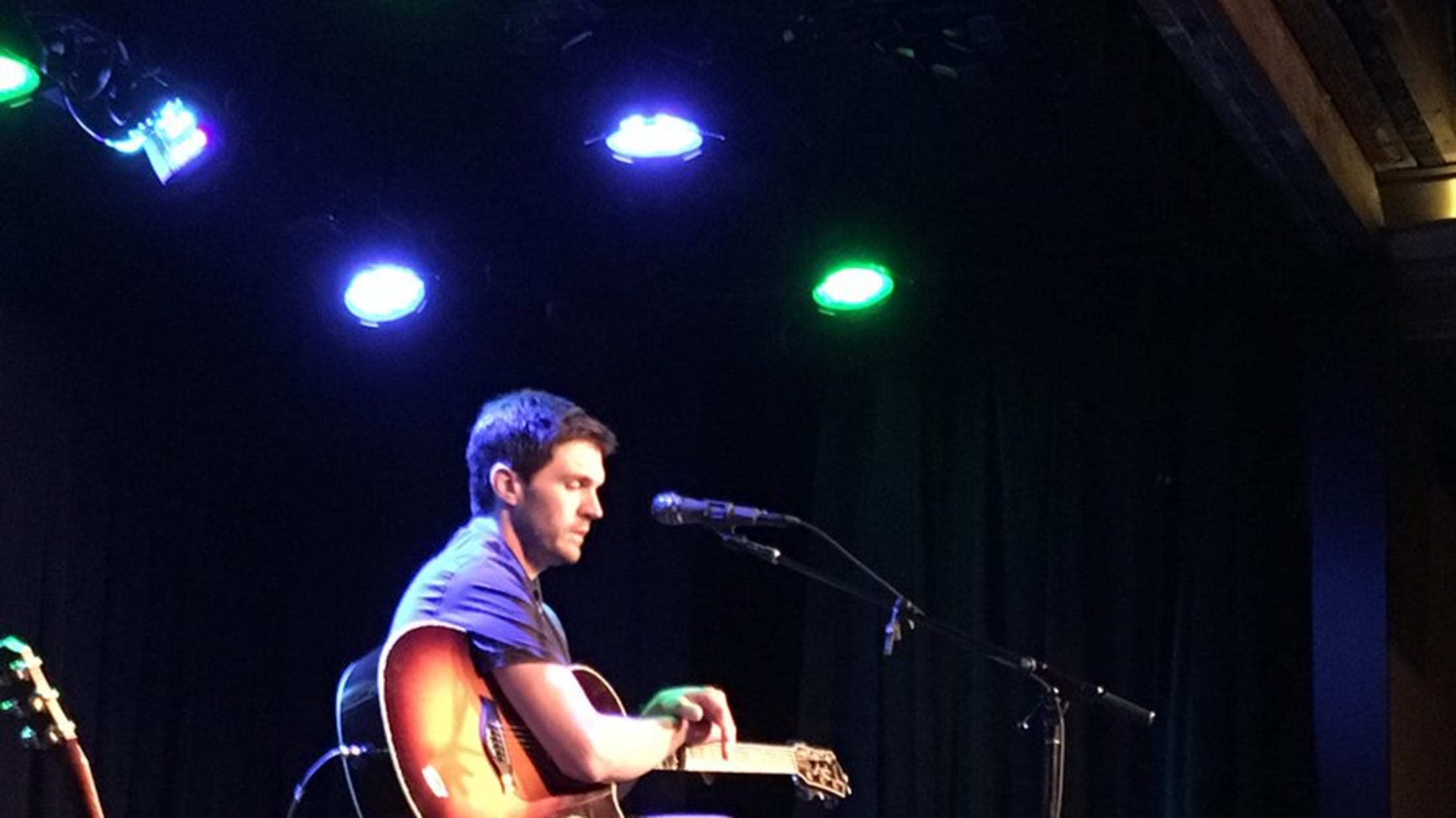
You were on the Giants for years alongside coach Tim Flannery. As an avid musician and former ballplayer, too, did he have an influence on you personally?
Oh yeah, absolutely. He's been making records and playing music for a long time. We would just kind of talk, and he had such a good soul. That's not something you see in baseball a lot, really. If guys do have a tender, more sensitive side they don't really show it, so for me it was refreshing to talk to Flan. I could really get into certain subject matter with him that … there's not a lot of vulnerability in baseball, nor professional sports, which is fine. That's how it's gotta be on the field.
But I always felt a little different, so Flannery for me was kind of a grounding force, you know?
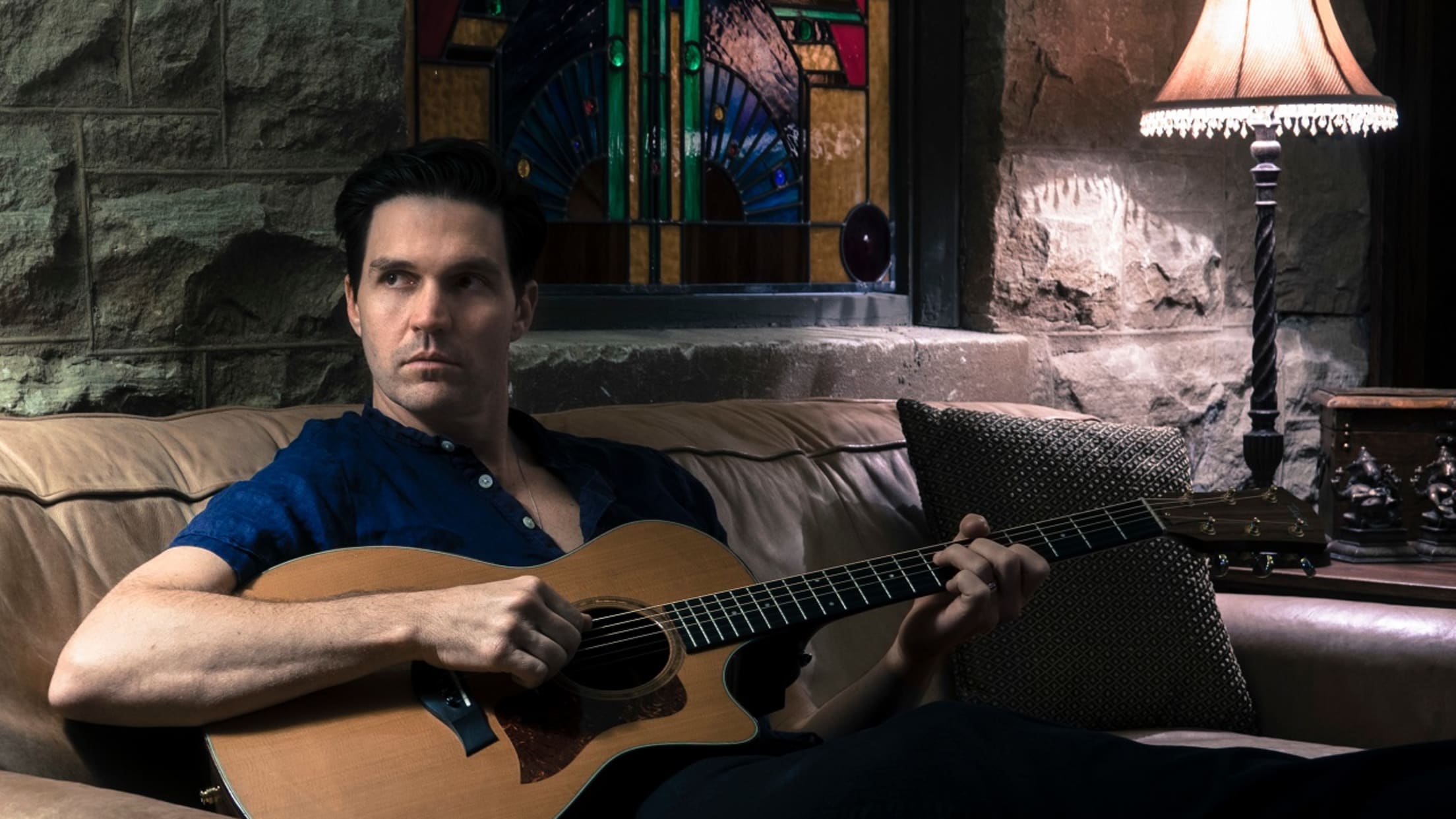
Speaking of that vulnerability -- I've listened to your new EP a few times, and one of the songs that really stands out is "Undiscovered You." That one sounds like a hit.
Cool, man, yeah. We really like that song. I wrote it with a couple of guys -- I think I came in that day and we were talking about certain songs, and I threw out a concept I had made. We didn't really have a title yet but the concept was: Every person has a side that's hidden. You always see someone's happy, best-foot-forward type of personality but really, there's demons in there that people don't show.
I was like, "How do we write a song to a woman and tell her that we know all the surface stuff -- what her favorite color is and all that -- but that we also want the real person behind all that, too." I thought that was a unique concept so we really had a great time writing that one.
You mentioned the "vulnerability" and the "sentimental" nature of things before. How did your experiences on the mound over the years -- where you're THE most vulnerable person on the field -- help you stay grounded? And how does it compare to the experience of being a songwriter and laying it all out there, so to speak?
It's an interesting parallel. I think the pitcher more than anybody else is exposed. Pitcher, quarterback, they're almost like being in individual sports. You're in the center of the field, you're vulnerable and you can't really mask the fact if you screw up. Whereas -- and I've had this argument with Scott Hatteberg when I was with the A's -- I always told him you can hide an 0-for-4 because you're just one of nine guys going up to the plate. But if a pitcher goes out and gives up six earnies in three innings, you can't hide that.
I think being on stage, there's a one-to-one ratio of how vulnerable and honest you're being and what you sound like. The second you start to play it cool, or even dig yourself too much out there, like, "Aw, I'm really killing this!" boom -- you've lost your connection and now your voice and everything else will start to go south. It's a close analogy.
In that regard, what did you learn about yourself from your high-profile success and high-profile missteps in your career in Oakland and San Francisco?
I think for me, the biggest takeaway from all the struggles was that I need to be authentic at all times. Not to go out on the mound and try to be something for someone, or be something else than what I was. Being me got me pretty far to this point, but sometimes the pressure cooker gets turned up and you start to doubt that you're enough.
My takeaway into this next step of my life with a whole new career is just to be authentic, man. I think it's more noticeable when an artist on stage is not authentic, whereas if a pitcher's not being authentic, you don't really know.
But if you're watching someone play guitar and they're faking it -- you know it in two seconds.
Let's talk about your NLCS Game 5 performance in 2012. Was that drag-bunt RBI your decision, or was it a call from the bench?
Nah, that was my call. Back in Spring Training, Tim Flannery would always work with us pitchers. If there was anything I did well as a hitter it was bunting, so in Spring Training we'd always work on this one thing. He'd say, "Look. If there are two outs and the third baseman's playing back, just sneak your eyes over there. Don't be obvious with it, but sneak a look. And if you want to give it a shot, just go for it."
So I remember in that 0-1 count with
If you formed a band with some teammates from any point in your career, who'd it be?
Oh, that's a great question.
I'd go some based on musical skill, some based on just pure stage presence. I'd have to say Brian Wilson would probably be the drummer. He'd probably have his shirt off -- I don't know if he has his beard anymore but he'd definitely have to have a beard, a big ol' Mohawk and all his tattoos.
Then we'd get into some technical stuff:
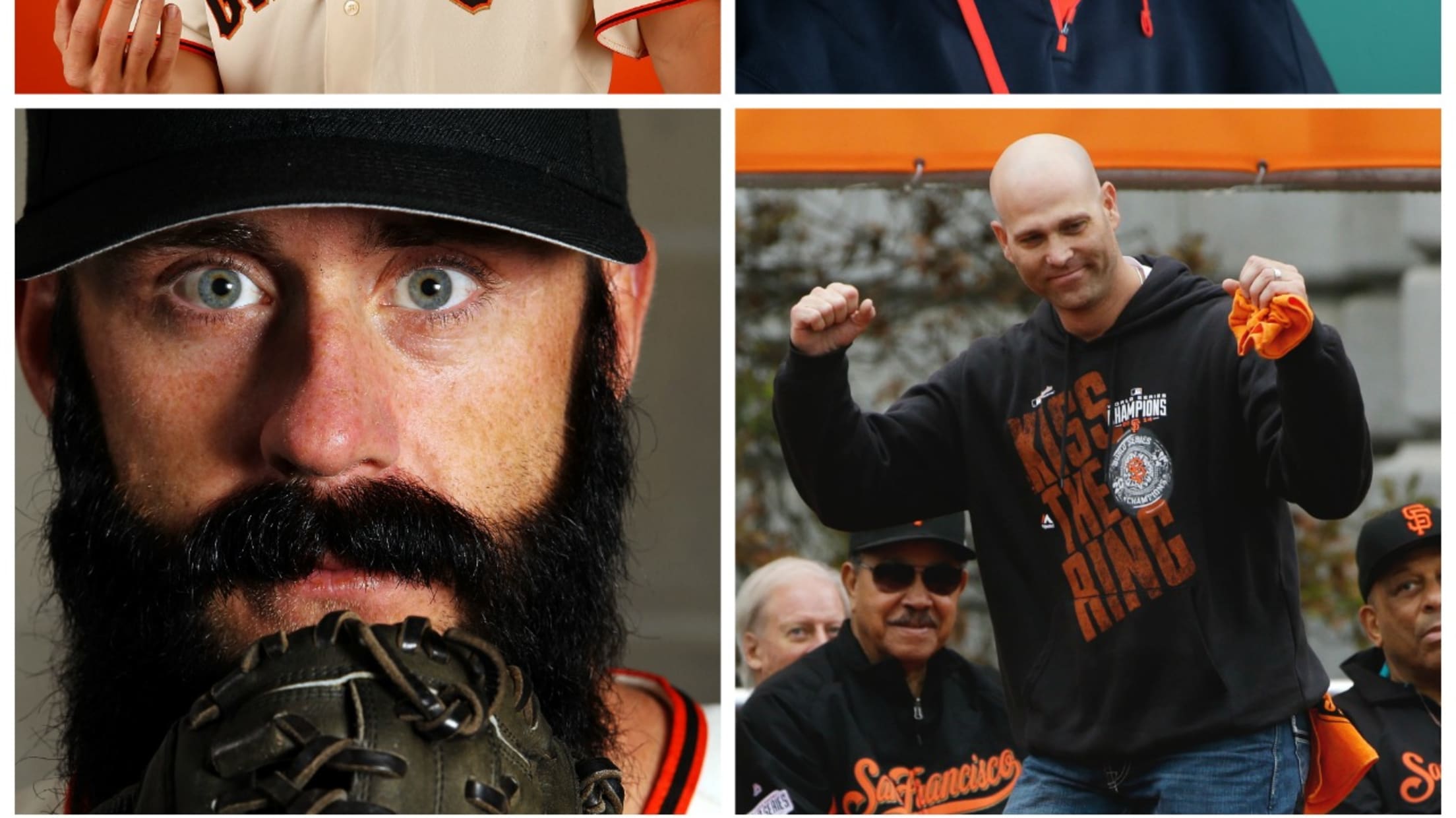
And then Tim Hudson would probably just be the mascot -- just dancing around, getting the crowd fired up.
It's the 20 game win streak of bobbleheads! Happy to announce the Tejada + Zito DUAL Bobblehead giveaway on July 1. https://t.co/xkWSAGb6kf pic.twitter.com/mOaiQhMzXk
— Oakland A's (@Athletics) January 13, 2017
The A's announced that they're going to give away a special bobblehead in 2017 featuring you and
Yeah, absolutely. I remember at one point we were actually going to be in the movie. Me, [Mark] Mulder and Hudson, playing ourselves in it. And then I think they recalibrated the script with a new director, new writers and all that.
Moneyball obviously was a great movie, and really focused on those parts of the fiscal analysis. There were certainly other factors involved on those teams, the movie didn't mention Miguel Tejada's AL MVP Award or much of the starting pitching, but it was a great film and I was really happy to see Billy Beane get the Brad Pitt treatment. I was stoked for Billy, even if I think Billy's better looking than Brad. [laughs]
Toward the very end of the 2015 season, you took the hill at the Coliseum in a game against the Giants matched up against your old pal, Hudson.
That was a whirlwind man, really. For me, I was just so surprised to be back in the big leagues, as I had retired, essentially, in Triple-A. I didn't think I'd ever throw a baseball again in a game. So it was kind of a trip.
To get back on that mound … it was incredible. It's hard to not have the result of the game taint what the experience was, but you can't really experience and soak up things like that when you're performing. I think if I had been on the sidelines, I'd have been watching Huddy, thinking, "Wow, this is amazing!" But when you're in it, you're kind of locked in.
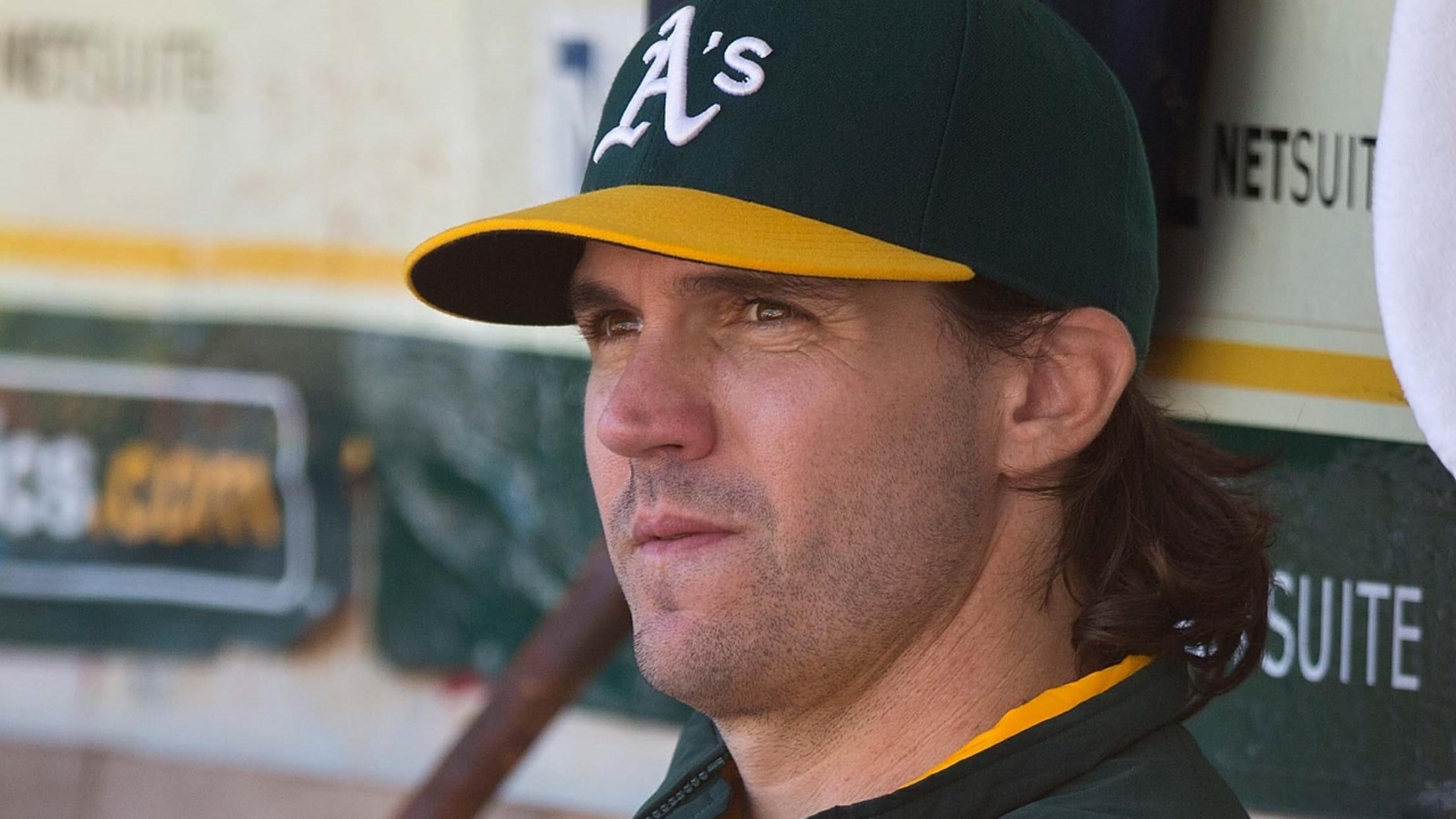
Lightning round: Do you have strong opinions on whether adult fans should bring gloves to the ballpark?
I think you take the spirit out of what baseball is when you tell adults to be adults, man. I think the reason baseball is so popular is because everybody's played it. [Fans] get a free pass to be a kid and not be at their 9-5 grind. They get to tap into those amazing feelings and memories. I would never want to rob them of that.
Now if someone's out there robbing 5-year-olds of foul balls, that's a little different.
Next question: Is a hot dog a sandwich or is it its own thing?
No, I think it stands alone.
There was a viral thing going around on social media about the top 10 albums that meant the most to you from your teenage years. What are three or four that come to mind?
Oh man. The Beatles' Magical Mystery Tour, Led Zeppelin's Houses of the Holy, and The Chronic. Dr. Dre.
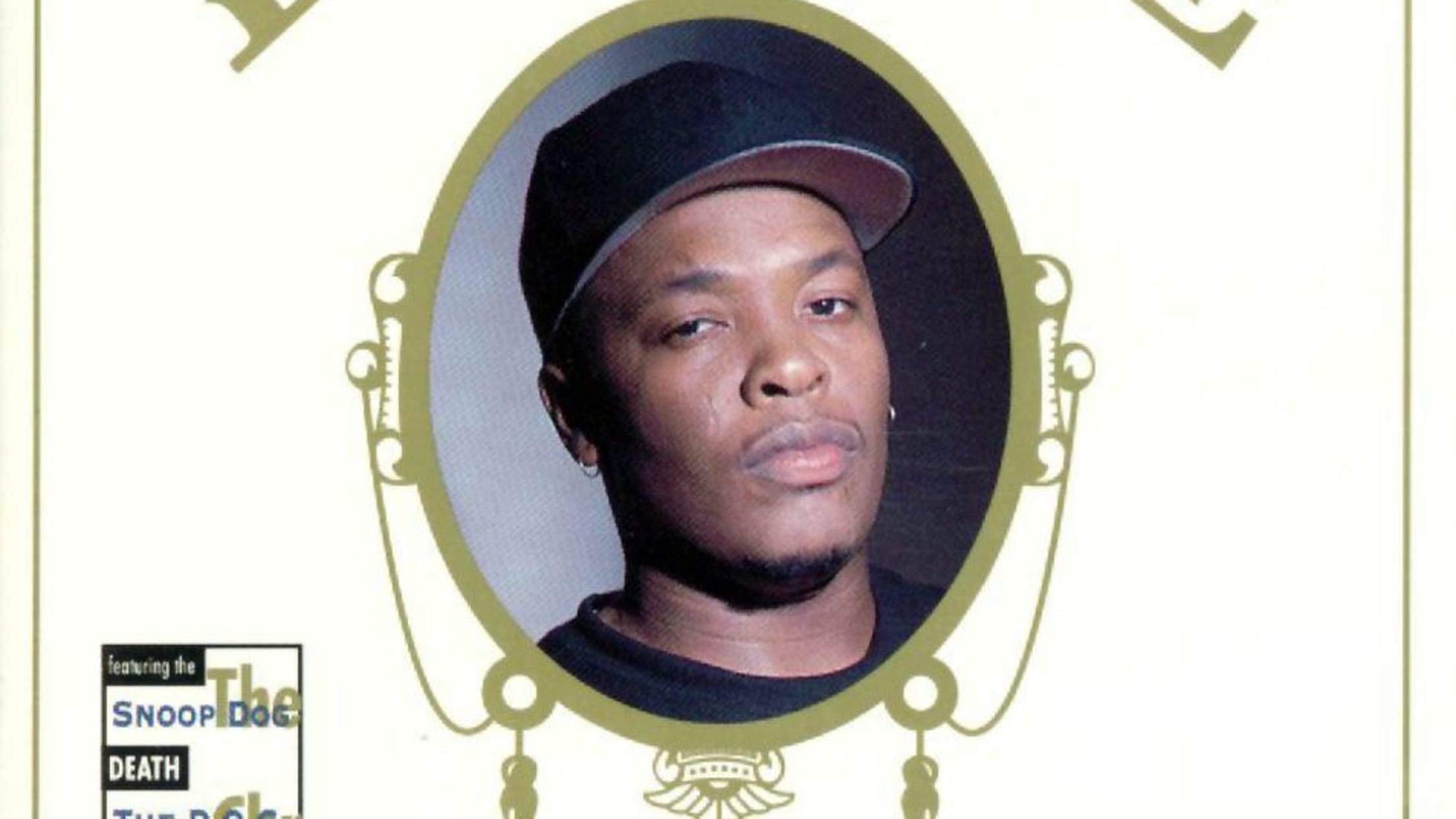
Keep tabs on Zito's music career by visiting his official website.




